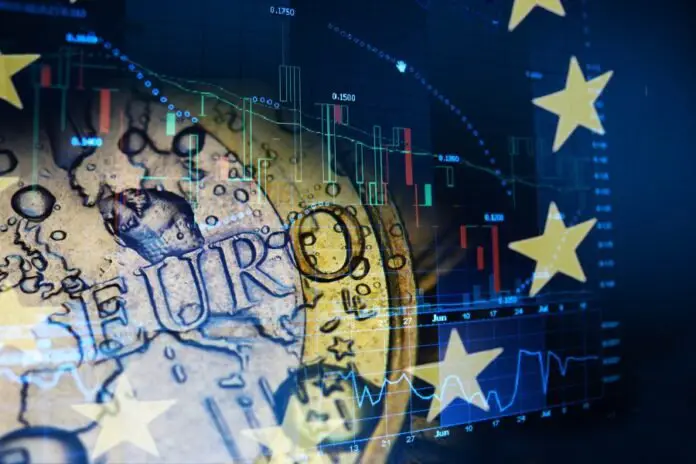Navamya Acharya
Europe is shedding its long-held reputation as a value trap, marking a significant shift in investor sentiment.
For years, European equities have been discounted relative to their U.S. counterparts, weighed down by structural inefficiencies, weak productivity growth, and cyclical headwinds.
However, a confluence of factors is now positioning Europe for a resurgence, offering a compelling case for increased investment.
The perception of Europe as a region burdened by deep-seated economic stagnation is gradually being challenged.
BCA Research flags that while structural issues remain—such as market fragmentation, regulatory overreach, and underdeveloped capital markets—the easing of cyclical pressures is creating a more favorable outlook.
The balance sheets of the private sector have been strengthened, which is one of the most notable changes.
After years of deleveraging after the financial crisis, European corporations and households are in a much healthier financial position.
This shift sets the stage for a revival in spending and investment as economic conditions improve.
The European banking sector, which has long been a source of weakness, has also undergone a transformation.
Once plagued by non-performing loans and weak profitability, banks have significantly improved their capital buffers.
With a Tier 1 capital ratio now exceeding that of U.S. counterparts and non-performing loans drastically reduced, European banks are in a much better position to support credit growth and economic expansion.
Fiscal and regulatory policy changes are also contributing to a brighter investment climate. Germany, long a proponent of fiscal austerity, is showing signs of flexibility.
Political shifts indicate that the country may relax its stringent debt brake, allowing for greater public investment in infrastructure and defense. Such a move would provide much-needed stimulus to the broader European economy.
Additionally, the global capital expenditure cycle is turning in Europe’s favor. With Western economies seeking to modernize aging capital stock and accelerate the green transition, European industries—particularly those specializing in clean energy, automation, and industrial machinery—are well-positioned to benefit.
BCA Research notes that Europe maintains a technological edge in green industries, reinforcing its role in the ongoing energy transition.
Another crucial factor is the evolving energy landscape. The post-Ukraine war energy crisis exposed Europe’s vulnerability to supply shocks.
However, an aggressive expansion of liquefied natural gas (LNG) infrastructure, coupled with strategic energy agreements, is significantly improving the region’s energy security.
The influx of U.S. LNG, among other sources, is expected to alleviate the energy cost disadvantage that has long weighed on European industry.
Despite these improvements, skepticism toward European equities remains. Valuations continue to lag those of U.S. stocks, reflecting investor caution.
BCA Research argues that this gap presents an opportunity. European stocks currently trade at a 27% discount to their U.S. counterparts, one of the steepest historical differentials, while long-term earnings growth expectations remain depressed.
This pessimism, however, appears misplaced. As cyclical headwinds subside, earnings growth is poised to improve, narrowing the performance gap with the U.S. markets.
Furthermore, shifts in fiscal policy and global investment trends suggest that Europe will attract increased capital flows over the next decade.
While near-term risks persist—ranging from trade uncertainties to a potential 2025 global recession—the long-term investment case for Europe is strengthening.
The U.S., previously buoyed by aggressive fiscal spending, is expected to rein in stimulus, narrowing the economic divergence with Europe. At the same time, policy uncertainty in the U.S. is rising, contrasting with a stabilizing European outlook.

